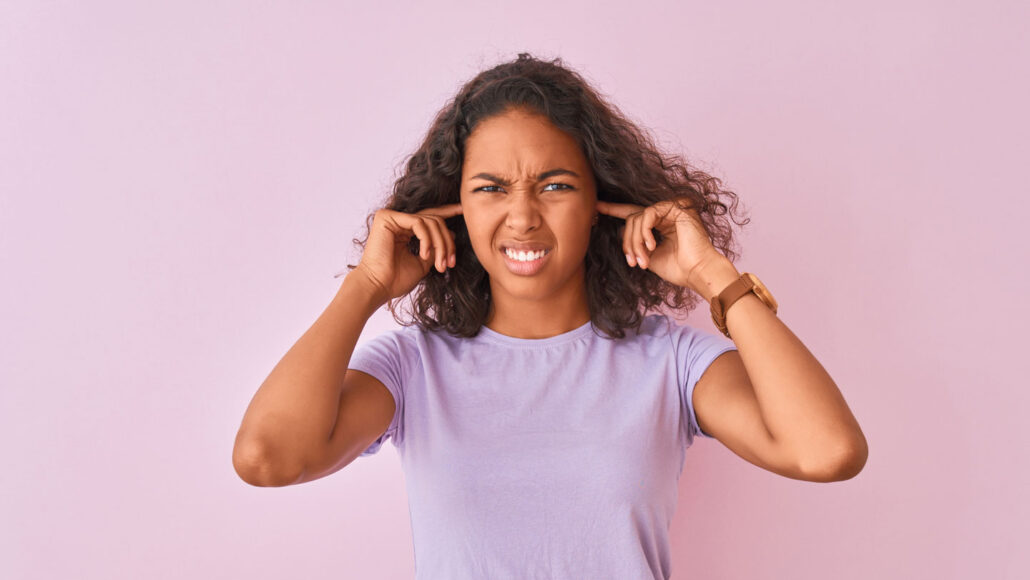Questions for ‘Too much noise can harm far more than our ears’

Noise can harm your ears, brain — and ability to learn.
AaronAmat/iStock/Getty Images Plus
To accompany ‘Too much noise can harm far more than our ears’
SCIENCE
Before Reading:
- What are the risks of listening to loud music regularly? Describe what type of damage to your body could come from this behavior.
- Consider the sources of noise — unintentional sound — you experience on a typical day. List three of the louder sources. Rank these sources from 1-3, with 1 being the most likely to damage your hearing and 3 being the least likely. Briefly explain your number 1 choice. Finally, describe one change you could make to reduce your exposure to this noise source.
During Reading:
- What role do hair cells play in our ability to hear?
- Measured in decibels, what is the softest sound we can typically hear? Approximately how loud, in decibels, is a gas-powered lawnmower?
- To avoid hearing loss, what is the loudest sound in decibels to which kids should be exposed?
- What is a vocoder?
- Give an example of how a particular sound’s source may affect whether a person perceives that sound as pleasant or unpleasant.
- What is misophonia?
- This story discusses how noise can interfere with learning. Briefly describe one study that supports this conclusion.
- How did Nina Kraus explain student athletes’ higher ability to make sense of meaningful sounds, compared to non-athletes?
- List two stress hormones linked to annoying noise.
- List two changes a typical person could make to reduce their risks of developing noise-induced health problems.
After Reading:
- Consider how people your age generally feel about the risks of loud noise. Do you think your peers overestimate, underestimate or accurately estimate these risks? To what extent did reading this story change your perception of these risks? Explain your answer.
- Refer to your answer to Question 2 in Before Reading and imagine you made changes to reduce exposure to damaging noise. According to research described in this story, what are two potential benefits of making this change? For one of these benefits, describe a study to support your answer.
- If you made the change you described in Question 2 in Before Reading, what obstacle might you encounter? In other words, what is one thing that would make it hard to maintain such a change? What is one way that you could overcome such an obstacle?